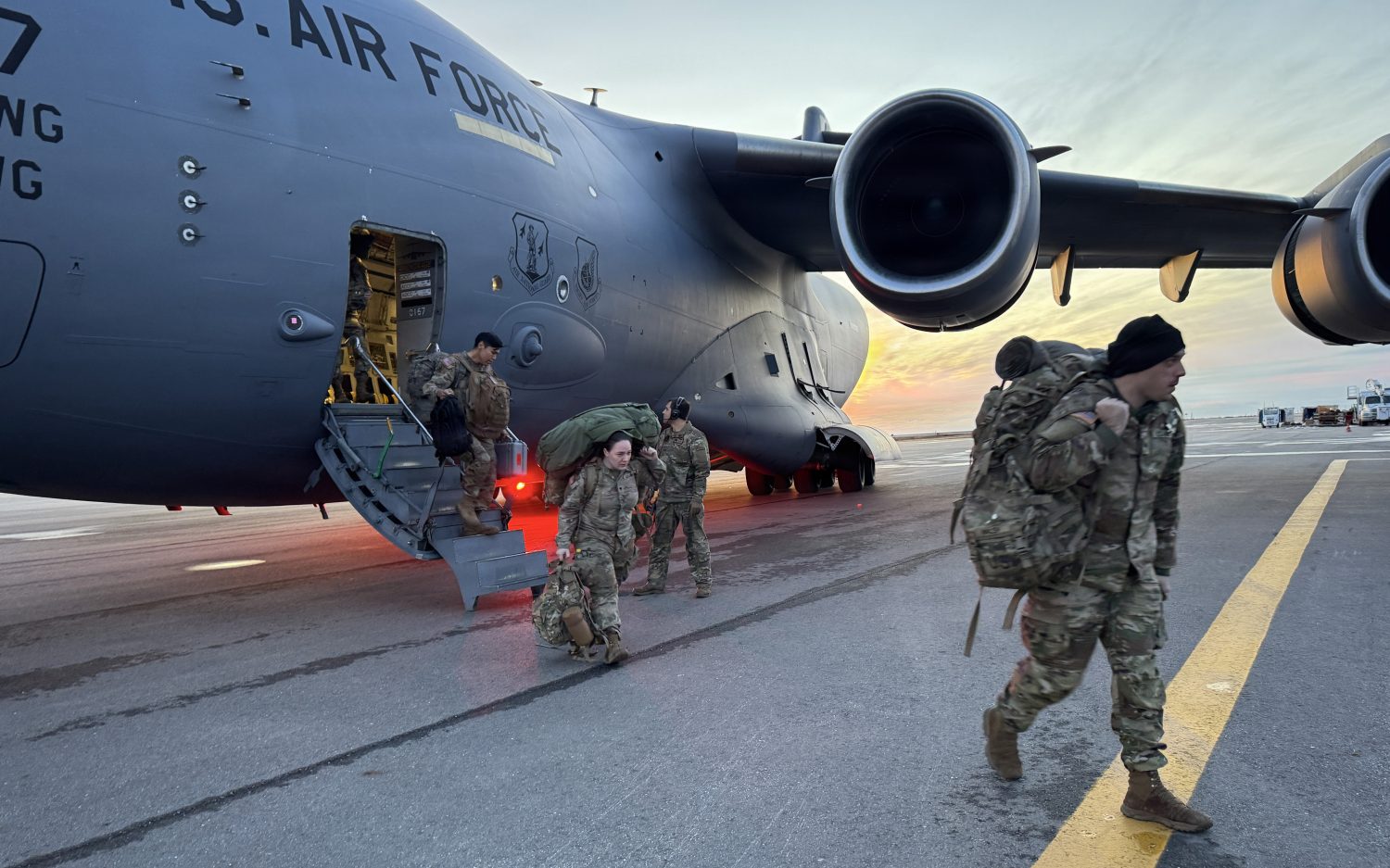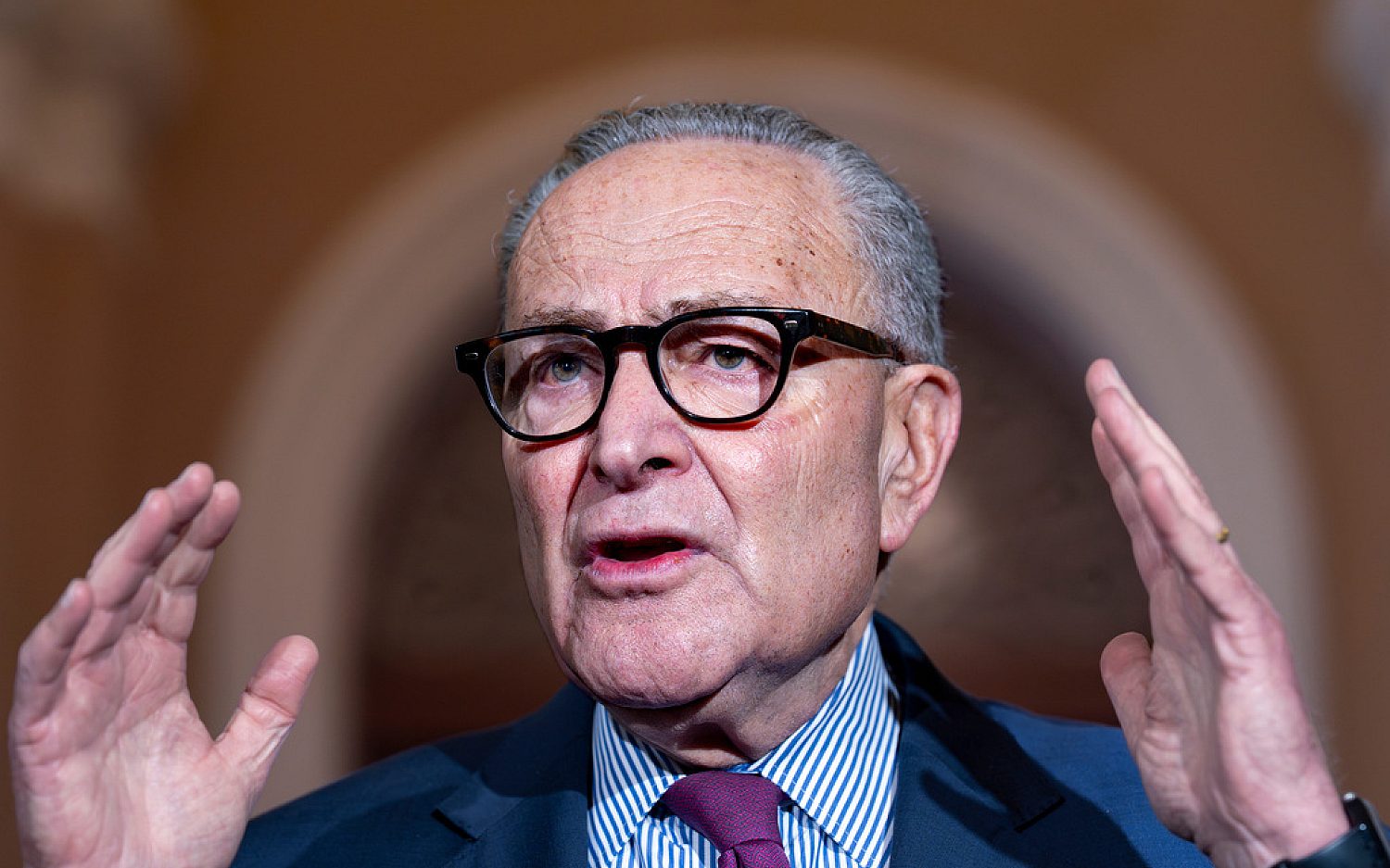Church attacks
Weekend bombings in Iraq test military resolve
Coming into Kirkuk in late September last year the Iraqi police stopped our car, demanded my papers, and contacted the police station before allowing me to enter the city. I remarked about the prevalent checkpoints into the city. My driver, a respected and longsuffering local Christian pastor, laughed and replied, "For you it is many, but for us it is few."
Today checkpoints into Kirkuk and other cities and towns across Iraq will be beefed up again after 36 hours of deadly attacks, largely against Christians.
On Sunday morning in Kirkuk gunmen with silencers in a car waited outside the house of Aziz Rizqo Nisan, a Christian and head of the provincial finance department, and shot him as he drove to work. The same day bombers targeted six churches in Baghdad, killing at least four and wounding more than 30. And a bombing Monday morning in Mosul has badly damaged one church but as of yet there are no reports of injuries or deaths.
The bombings in Baghdad spanned several neighborhoods and ancient Christian communities that have recently revived after targeted bombings in 2004 and 2008. A bomb outside the Dora district of Baghdad, where intense fighting between Sunnis and Shiites once took place, hit a church that in April held its first Easter service in three years.
The spate of bombings began Saturday night. Two bombs that were planted in a church in western Baghdad exploded at midnight, causing damage but no injuries. Then three bombs exploded near other Baghdad churches at around 4:30 p.m. Sunday, injuring eight civilians, police said. Then around 7 p.m. a fatal bomb struck at Notre Dame church as worshippers left a Sunday mass, killing four (three Christians and one Muslim) and wounding dozens. The church, on Palestine Street in eastern Baghdad, is the oldest Chaldean Catholic church in the city.
"The terrorists are determined to hamper the political process in Iraq and not let Iraqis live in peace even after the withdrawal of foreign forces from the cities," said Younadem Kana, a Christian lawmaker. "We demand that the Iraqi government take all necessary measures to protect Christians in Baghdad, and in all of Iraq."
Other attacks took place across central and northern Iraq over the weekend, including a car bomb that narrowly missed the convoy carrying U.S. Ambassador Christopher Hill. Outside Mosul, a spate of car bombings has forced officials to enact a ban on vehicles in several predominantly Christian towns of Nineveh Province today. Thirty-eight people were wounded, eight houses destroyed, and several shops and cars were damaged in an explosion in the northern village of Kugjeli, according to a police officer in Nineveh Province.
Iraqi military commanders say they believe these are coordinated assaults aimed to test their vulnerability following the withdrawal of U.S. combat forces from major urban areas at the end of June. Iraqi forces predict that insurgent attacks, though declining, could continue for a few years, raising the prospect of militant violence after the scheduled withdrawal of all U.S. troops by the end of 2011.
Gen. Babaker B. Shawkat Zebari, the Iraqi army chief of staff, said a few highly dangerous cells of insurgents remained that once held sway in key cities and provinces. He expects attacks to continue for "a year or two or three," and said Iraqi forces would seek help from U.S. troops if needed, but would also rely on assistance from its own citizens.
"To face terrorism, the Iraqi army does not need tanks or armored vehicles, but needs intelligence, fast communication and people's support," he said "The government has to coordinate with the population to get information about the terrorist cells."
To that end the army chief, a Kurd, traveled yesterday to the holy Shiite city of Najaf, where he met with Iraq's top Shiite cleric, Grand Ayatollah Ali al-Sistani-a sign that security forces need the support of religious leaders across the spectrum to prevent the insurgency from growing again.
A member of a Baptist congregation in Baghdad told me that immediately following the Sunday bombings Iraqi forces dispatched armored Humvees to patrol other churches. "Next Sunday we will see the result," he said, of whether that protection will continue and whether Christians will feel confident enough to attend worship services. Today many Baghdad Christians will gather to pray for those who have suffered losses, and "for the Lord to protect all churches," he said. With reporting from The Associated Press and the Assyrian International News Agency
An actual newsletter worth subscribing to instead of just a collection of links. —Adam
Sign up to receive The Sift email newsletter each weekday morning for the latest headlines from WORLD’s breaking news team.





Please wait while we load the latest comments...
Comments
Please register, subscribe, or log in to comment on this article.